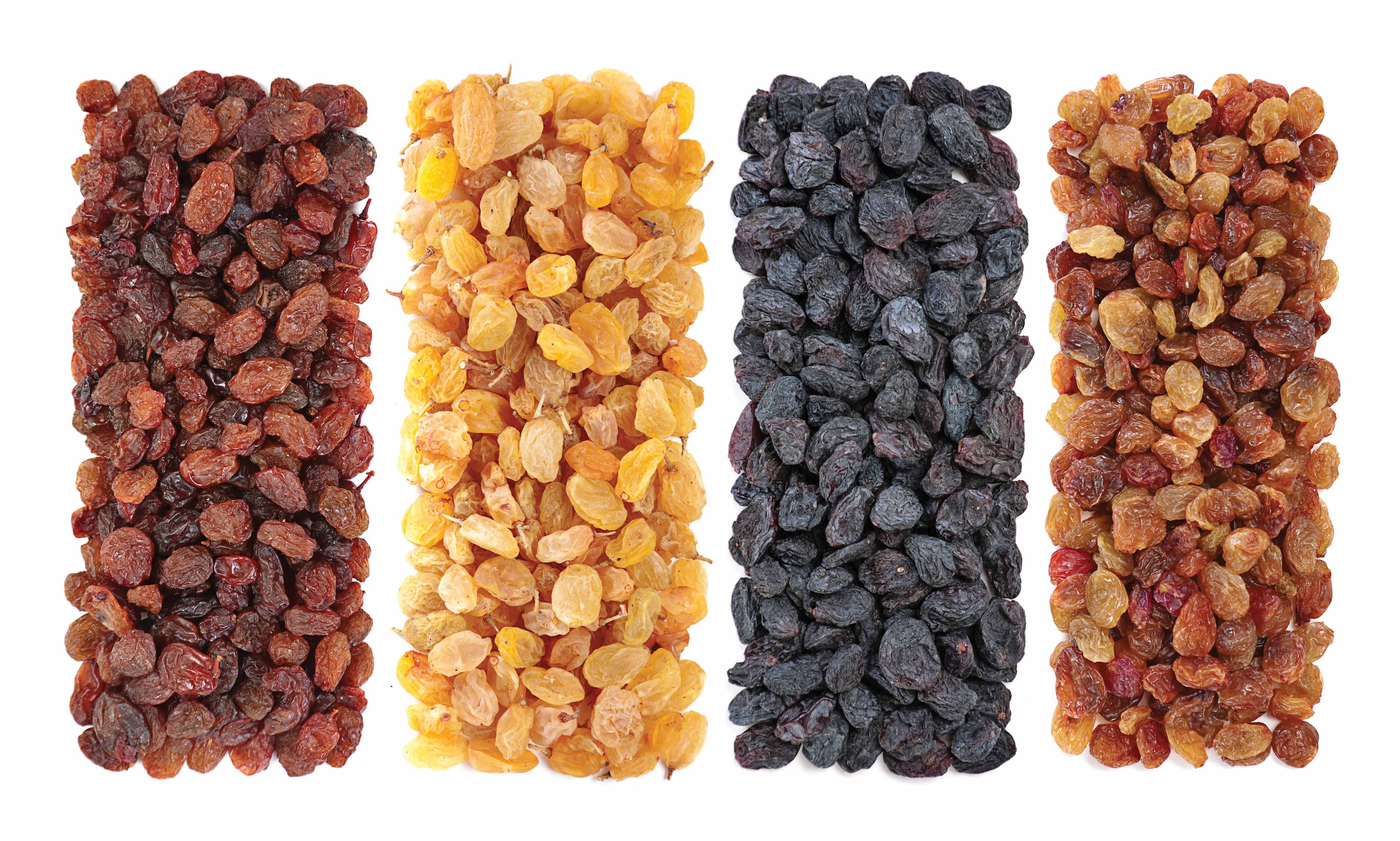Should You Be Training With Raisins?

Photo: iStock
A new study finds using raisins as training fuel may have benefits.
After more than an hour of strenuous exercise, endurance athletes start to deplete their glycogen stores (stored glucose and the body’s source of quick energy). To combat this depletion and delay fatigue, sports supplements have been engineered to help people fuel optimally—yet there may be a natural, nutrient-rich source of energy that’s just as effective: raisins.
In a study published in the Journal of Strength and Conditioning Research, a research team from Louisiana State University compared the performance effects of Jelly Belly Sport Beans and sun-dried raisins, a natural and cost-effective source of concentrated carbohydrates. In the study, 10 healthy men—all trained cyclists or triathletes—underwent a two-hour constant-intensity session to deplete their glycogen while consuming either raisins or Sports Jelly Beans every 20 minutes. The subjects then completed a 10K time trial. The researchers found that there were no significant differences in endurance performance for time-trial time or power output. In fact, raisins tested significantly higher in the hedonic (or “pleasantness”) sensory acceptance test—the athletes preferred eating the raisins over the beans.
In a similar study conducted by San Diego State University and published in the same journal, eight endurance-trained male and female cyclists consumed 1 gram of carbohydrate from either raisins or energy gel per kilogram of body weight 45 minutes prior to exercise. They then rode for 45 minutes at 70 percent of VO2max before a 15-minute time trial. The result? There were only minor differences in metabolism and no difference in performance when comparing the trials. Researchers concluded that raisins appear to be a cost-effective source of pre-exercise carbs for shorter workouts.
RELATED: Are You Meeting Your Body’s Iron Needs?
Can You Stomach It?
Keep in mind that while raisins are quite low in fiber for a fruit, they might not agree with some digestive systems. Similar carbohydrate-rich swaps include Medjool dates and bananas.